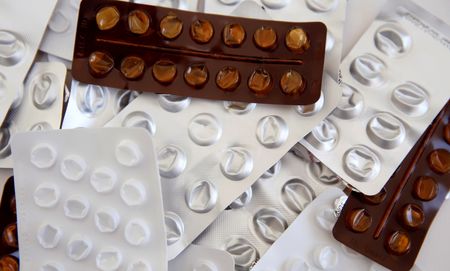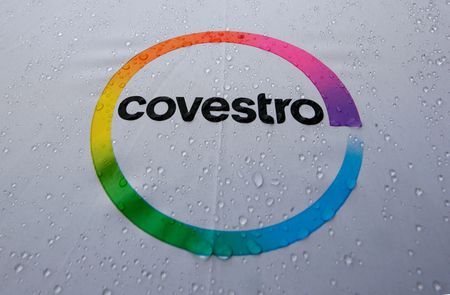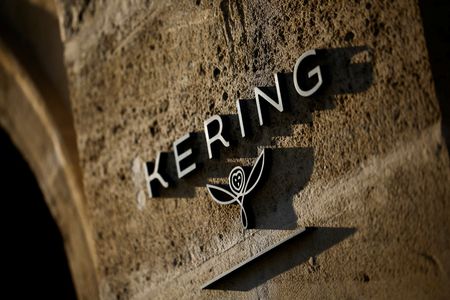(Reuters) -The impact of U.S. President Donald Trump’s plan to levy import duties on pharmaceutical products and his push to lower drug prices are likely to be manageable for big U.S. and European drugmakers, according to an analysis by brokerage Morningstar.
The report said the near term risk from the push to slash prescription drug prices to match those paid overseas would be “exceedingly low” as it could harm patient access to drugs.
In July, Trump had called on drugmakers to provide so-called most-favored-nation prices to every patient enrolled in the government Medicaid health program for low-income people, and to guarantee such pricing for new drugs.
The report looked at ten major pharmaceutical firms in the U.S. and Europe – AstraZeneca , Novartis, Sanofi, GSK, Novo Nordisk, AbbVie, Amgen, Eli Lilly, Merck, and Pfizer.
While all companies will likely need to pay higher taxes in the long-term after relocating manufacturing to the U.S., European firms will also face elevated costs associated with new facilities, the report said.
Several global drugmakers have pledged billions of dollars to scale up their U.S. manufacturing capacity as the industry braces for sector-specific tariffs.
Trump has said he would initially start small with pharma tariffs and eventually hike it up to 250% in an effort to boost domestic production.
The U.S. had also reached a bilateral trade deal with the European Union in July, which includes a 15% tariff on pharmaceuticals, except for some generic drugs.
Assuming an initial 15% U.S. tariff on pharmaceuticals, the brokerage estimates the impact to peak at about 4% of core profit on average, after mitigation efforts, for the companies analyzed.
(Reporting by Mariam Sunny in Bengaluru; Editing by Maju Samuel)











